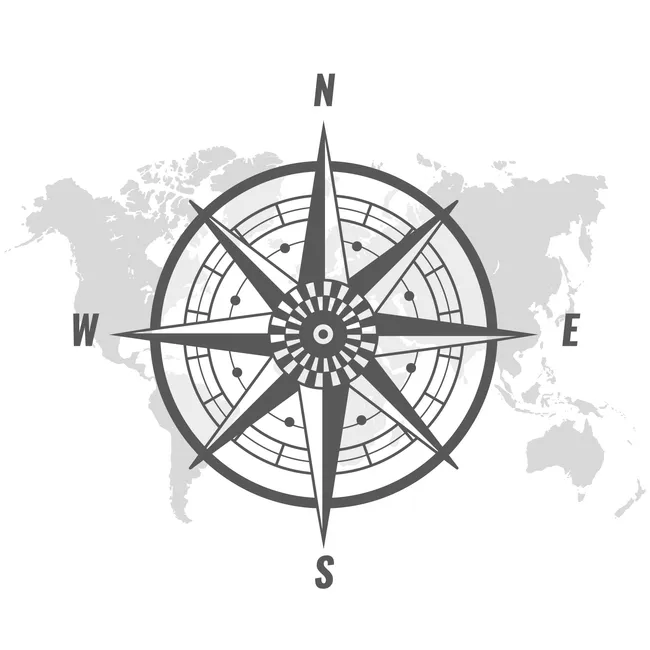
Are You a Retiring Canadian
Business Owner?
Get your free Business Owner’s Retirement Scorecard —or claim a no-obligation 1-page retirement plan to see if you’re on track.

Your Trusted Partner in Building Wealth for Generations.



About Us
We are a wealth management team that provides investment, insurance, retirement, employee benefits and financial planning advice to retirees and business owners.
Let us guide you through wealth management complexities to achieve financial confidence and peace of mind. Your aspirations drive our mission – let's build your brighter financial future together.



Get your free Business Owner’s Retirement Scorecard —or claim a no-obligation 1-page retirement plan to see if you’re on track.
Proven Strategies That Help Our Clients
We've helped clients grow their wealth over the years. Here's how we did it.

How life insurance saved a business-owning family $446K in inheritance taxes.

Josh and Stacey boosted their retirement savings by $900,000 by shifting idle corporate cash into smarter, tax-efficient investments—reaching their $4.5M goal with room to spare.
Discover how Dave, a 56-year-old business owner, saved $500K in taxes and secured his family’s future — all through one smart financial move. See how strategic restructuring and a family trust turned his business exit into a legacy.

See how we compare—transparent fees, tailored strategies, and client-first planning since 1995.
📞 +19052277479
✉️ greg@zsfinancial.ca
Our Expertise, Your Future.
Financial gear for life's unexpected terrain: term life, disability coverage, and business protection—tailored to Ontario’s needs. We help safeguard your family’s future.
Know MoreWhy pay 2% in mutual fund fees? We use low-cost ETFs (50-60% core) and only use pricier options when necessary—helping Ontario investors save thousands.
Know More80% prefer benefits over raises. We build Ontario-specific plans with health, dental, and retirement perks—smart for teams and taxes.
Know MoreRetirement anxiety? We create plans to make your savings last, with smart withdrawals and tax strategies, we ensure your golden years stay golden—no matter what you've saved so far.
Know MoreDid you know that in Ontario, probate fees (officially called Estate Administration Tax) can cost up to 1.5% of your estate’s value?
Know MoreTestimonials
Discover why businesses trust us with their financial strategies. Our clients' success stories speak to our commitment to personalized service and expert guidance.
Insights from Sykora Financial
No spam. Just strategies to make your life better.

If your income says rich but your savings say otherwise, this Canadian wealth guide will make it mak...

Not sure if you need a financial advisor? You might. Find out when it makes the most sense for every...

See how your income stacks up in Canada, what qualifies as high-earning, and how to climb the ranks ...

Canadian net worth rankings reveal deep financial gaps. See how wealth grows across age and income, ...